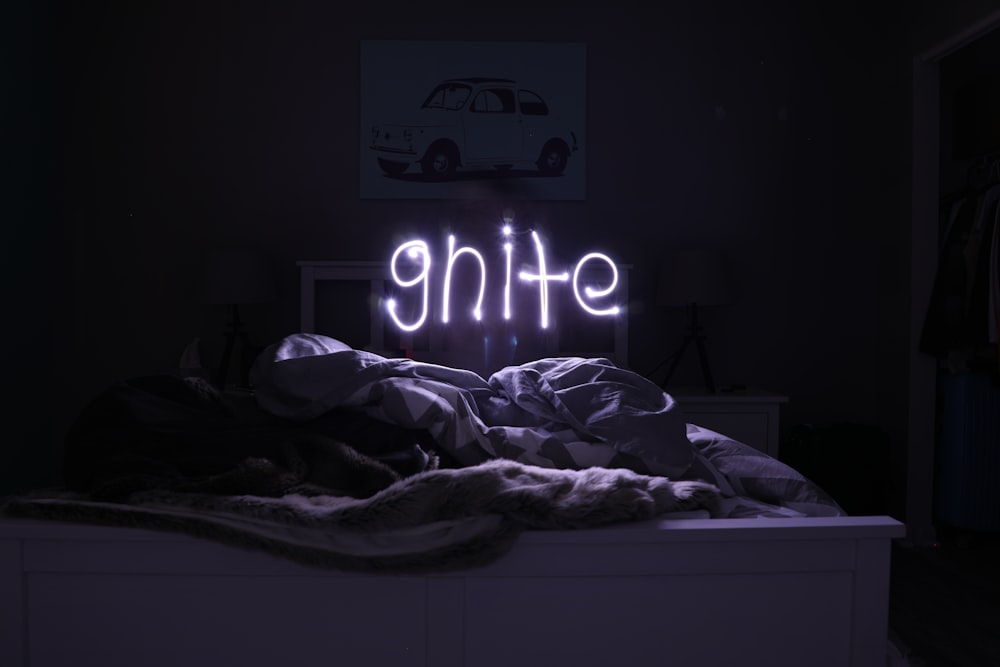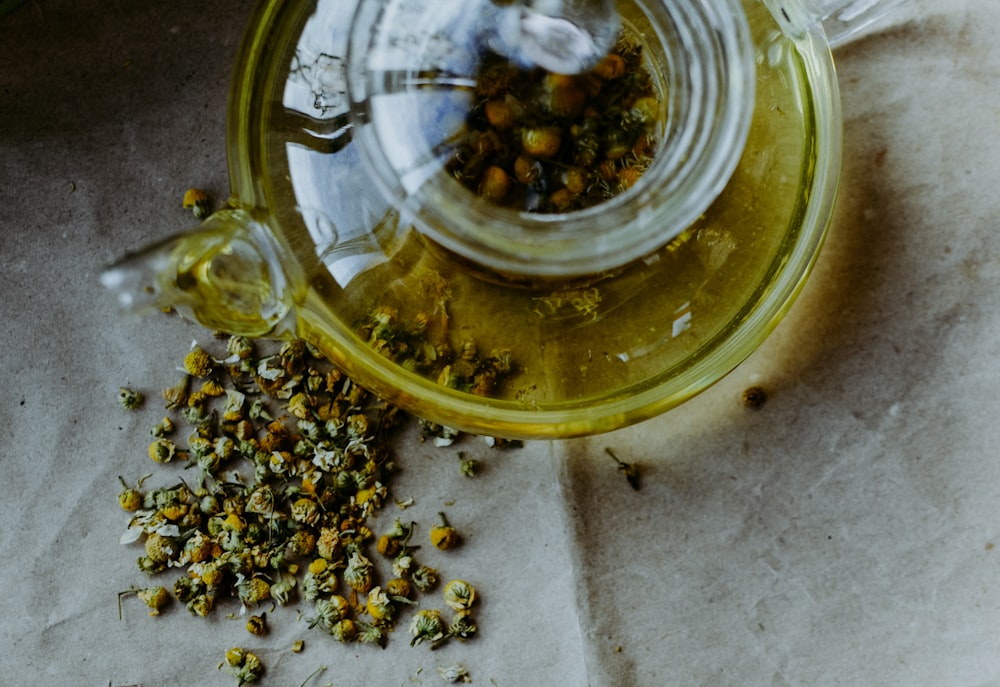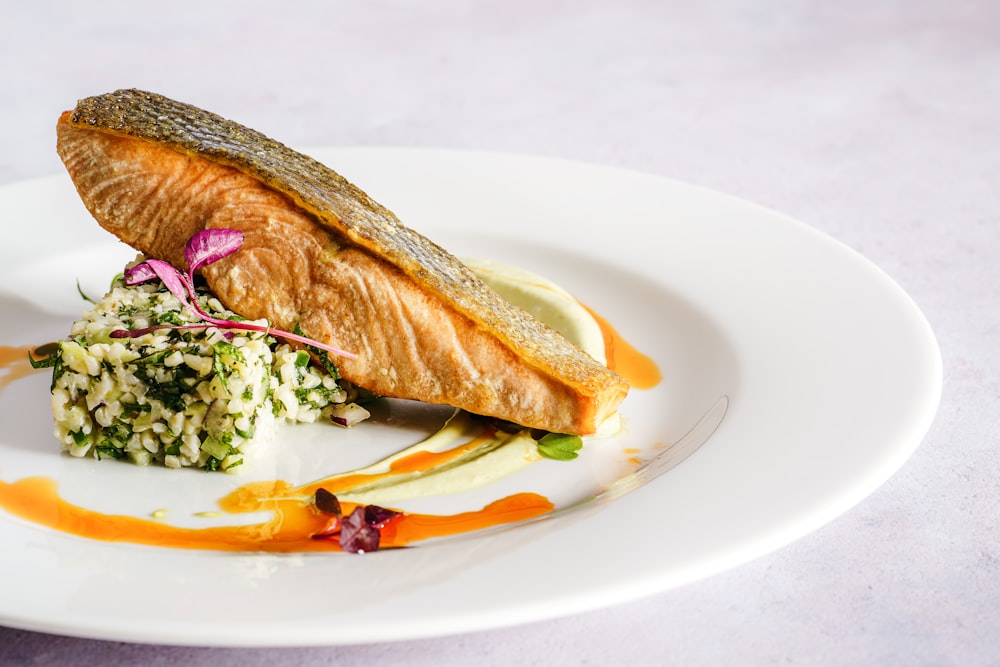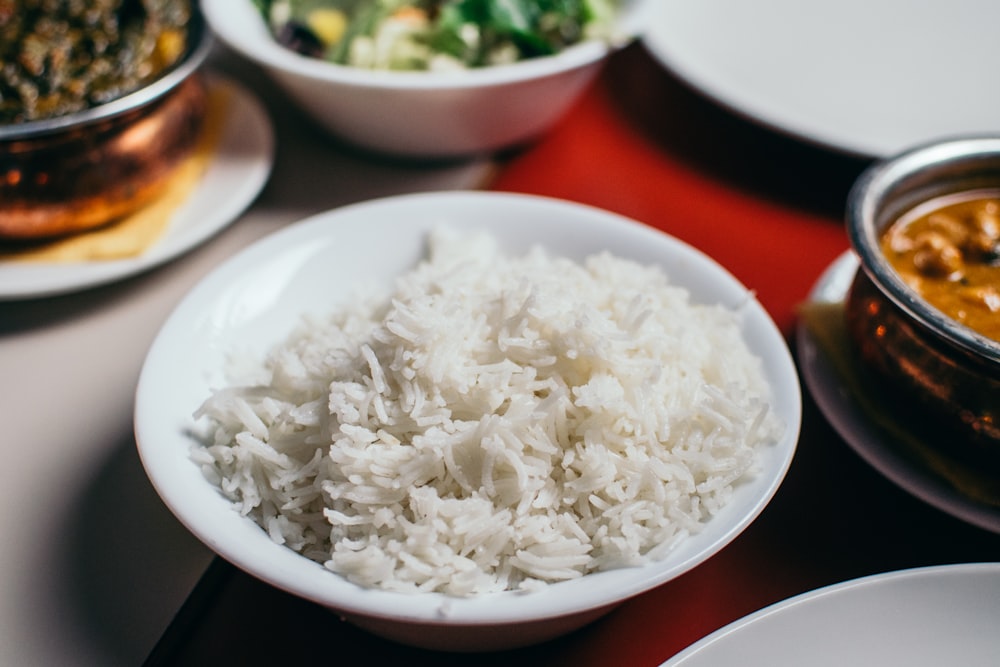Good night’s rest is essential for overall well-being. An improved immune system heightened cognitive function, and reduced risk of developing certain chronic diseases are all benefits of sound sleep.
Sadly, up to 30% of adults suffer from insomnia. This may be due to regular day-to-day stress or an underlying condition. Whatever the case, eating certain foods can considerably reduce your sleep latency, that’s the time you spend before falling asleep and enhance your sleep quality.
In this article, you will learn the seven foods that can help you sleep better at night.
So, my friends, “to stay healthy, you should make sure you get enough sleep every night.” Alex Savy, Certified Sleep Science Coach and the Founder of Sleepingocean.com.
So, here are the Seven Best Foods to Help you Sleep:
1. Poultry
![]() Poultry products, predominantly chicken and turkey, are rich in lean proteins.
Poultry products, predominantly chicken and turkey, are rich in lean proteins.
These proteins are essential in keeping your bones healthy. They also regulate your appetite. Additionally, these lean proteins are easy for your body to digest.
Chicken and turkey have been found to help you sleep, because they contain a particular amino acid called tryptophan.
This amino acid cannot be produced by the body and must be gotten from food and drink, yet it’s essential to staying healthy.
Related to sleep, tryptophan helps the body produce melatonin. A relaxing hormone that is triggered in the dark. So, eating poultry can give your body a “melatonin head start,” making it easier for you to fall and stay asleep for longer hours.
2. Kiwi
It is well known that fruits offer tons of health benefits. However, some are more beneficial than others, and kiwifruits are right at the top of the list of fruit to help you sleep. Kiwis are highly regarded as one of the most effective sleep promoters, and there’s some research to back it up.
In a study of 24 persons, it was concluded that eating two kiwi fruits one hour before bed can considerably improve the quality of sleep in subjects who initially reported sleep disorder.
The sleep-inducing property of kiwifruits has been attributed to anti-inflammatory antioxidants, magnesium, calcium, and serotonin. Serotonin is a hormone that helps regulate your sleep cycle. Increased serotonin levels will result in longer hours of sleep.
3. Chamomile Tea
This is a herbal tea that’s revered for its ability to induce relaxation and help you sleep. There’s also evidence that chamomile tea reduces depression and anxiety, which are common causes of insomnia. If you want to snooze for longer hours and experience fewer interruptions, chamomile tea is worth trying.
Pro Tips:
You may need to consistently drink chamomile tea for up to two weeks before you start noticing its potent effects. Also, avoid adding black cocoa to your tea as it contains caffeine, which may interfere with your sleep.
Image source link: The Biting Truth
4. Almonds
Almonds are generally known to have several health benefits. One little known benefit is its sleep-enhancing property. Almonds contain high levels of melatonin as well as other sleep-inducing minerals like calcium and magnesium, which can help you sleep. While calcium aids muscle relaxation, magnesium helps your nervous system activate quieting mechanisms by supporting relaxation hormones’ production.
Additionally, almonds are high in healthy fats, low in sugar, and trans, unsaturated fats. You’ve got nothing to lose by adding almonds to your diet.
5. Fatty Fish
Fatty fishes like tuna, salmon, trout, halibut, and mackerel are super healthy, and can help you sleep at night. They are rich sources of vitamin D, vitamin B6, certain minerals, and omega-3 fatty acids. These constituents offer several health ranging from improved brain and heart health to better quality of sleep.
Omega-3 fatty acids and vitamin D are necessary for serotonin production – the hormone that regulates your body’s natural clock. Vitamin B6, on the other hand, is an essential precursor for the production of melatonin. In addition to these properties, magnesium, potassium, and calcium make fatty fishes a go-to option for sleep inducement.
To back up these claims, a study carried out in 2014 concluded that participants who ate 300grams of Atlantic salmon thrice a week for six months experienced better sleep and functioned more efficiently during the day.
6. White Rice
White rice, unlike brown rice, already has its bran and get reduced. This makes it lower in fiber, which may be useful help you sleep during the night. The low fiber content of white rice results in a concomitant rise in the glycemic index.
The glycemic index is a measure of how fast food can increase your blood sugar level. Eating rice about 2-hours before bed can quickly raise insulin production and subsequently increase blood glucose levels. This helps in transporting tryptophan to the brain, where it is used to produce sleep-inducing hormones.
7. Warm Milk
Many of us can nostalgically reminisce our childhood days when mama would hand us a warm cup of milk before bedtime. It wasn’t just a nightly ritual; it’s backed by science that warm milk can help you sleep. Milk contains four constituents that support sleep viz: calcium, melatonin, vitamin D, and tryptophan.
From a psychological standpoint, the childhood association between milk and sleep can also help you fall asleep faster. So next time you find yourself tossing and turning, you may want to grab a glass of warm milk. It will do you some good.
That’s not all…
If you skimmed up to this point, scroll up this page and you’ll find some of the best foods to help you sleep. However, that’s not all.
Other notable mentions include:
Egg, honey, kale, yogurt, banana, grapes, oats, sunflower tea, legumes, walnut, and tart cherry juice.
Summary
The best foods to help you sleep usually contain:
Tryptophan, vitamin D, Vitamin B-complex, calcium, magnesium, complex carbohydrates, unsaturated fatty acids, and lean proteins.
On the flip side, foods that contain saturated trans fats, caffeine, and simple carbohydrates are usually poor choices before bed.
Use these ingredients as a guide when picking your meals before bed, or simply stick to the meals we’ve reviewed in this guide. Sweet dreams!
Author Bio
Alex Savy CEO & Founder SleepingOcean is a certified sleep science coach
- Healthy Vegan Diet Plan – the One Month Vegan Challenge - September 8, 2023
- The Worst Foods that Causes Aging Faster, and What You Can Do? - August 30, 2023
- Is a Soup Diet for Weight Loss A Healthy Way to Lose Weight? – 14-Day Soup Diet - August 8, 2023





